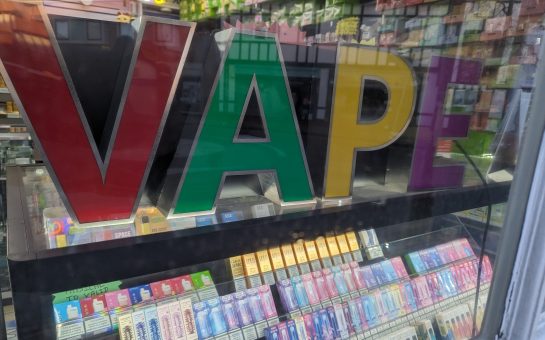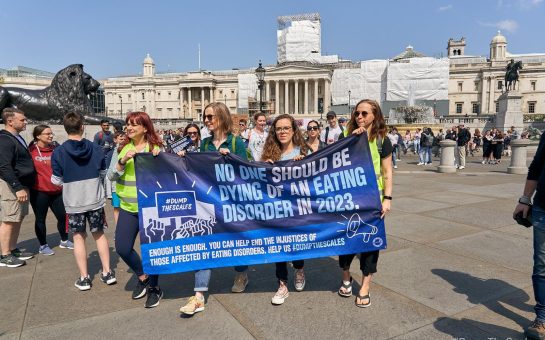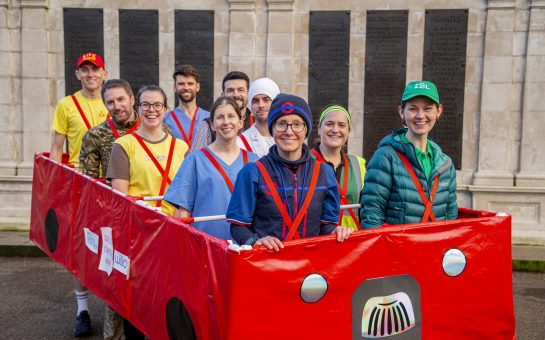The Institute for Fiscal Studies calculates families will lose an average £1,000 by next year.

Child poverty will worsen because of child benefit changes introduced by the Government, economists said yesterday.
The Institute for Fiscal Studies report (IFS) calculates families will lose on average £1,000 by next year with the combination of tax rises, changes to fuel duties and cuts to child benefit.
Key changes include a reduction in tax credit for working families and an end to child benefit for those on higher incomes.
Changes that come into effect next month will cost each household £160 in 2012-13, more than doubling to £370 the following year saving the Treasury £4.1billion.
With incomes failing to keep pace with inflation and a leap in VAT from 17.5% to 20% the IFS suggests low-income families and households with children will be hardest hit.
The report said: “A continuing difficulty facing the government is the disjuncture between its stated child poverty targets and the fact that there is no realistic chance of meeting them under current policies.
“The major demographic group who will lose the most from this set of reforms is households with children.”
The Child Poverty Bill (2009) commits the government to eradicating child poverty in Britain by 2020 with local authorities committed to joint child poverty strategies and the production of child poverty needs assessments.
According to Wandsworth Council’s Child Poverty Strategy deprivation affecting children is increasing relative to the national picture with 30% of under-15s living in some degree of poverty, ranking Wandsworth 14th in London.
With the worst affected areas in Latchmere, Roehampton and Queenstown, the council warns the capacity of public services to respond to fresh demands may be restricted as investment in services is constrained.
It states: “Whilst the Children’s Trust’s ambition to reduce and eventually eradicate child poverty should remain steadfast the speed of progress is bound to be affected.”
The Child Poverty Action Group (CPAG) this week calculated the 7.8million UK families supported by child benefit face losing 10% of its value against inflation, as it remains frozen at 2010 levels until 2014.
London organiser for CPAG, Kate Bell, said: “The IFS are predicting that an extra 400,000 children in the UK will be pushed into poverty between 2012 and 2013.
“London’s children already face the highest risk of poverty in the country, and these changes are likely to hit them particularly hard.”
Ms Bell emphasises the damage caused to children’s life opportunities and experience of childhood by poverty, and argues for greater national, regional and local government action on the issue.
She said: “In the face of central government cuts, local child poverty strategies will take on a particularly important role, and we’re calling on councils to prioritise children when they make spending decisions.”




